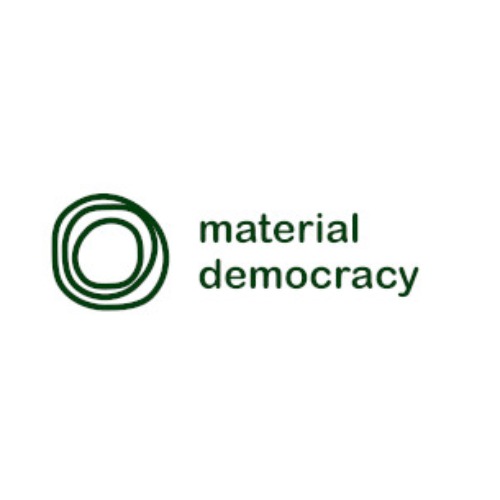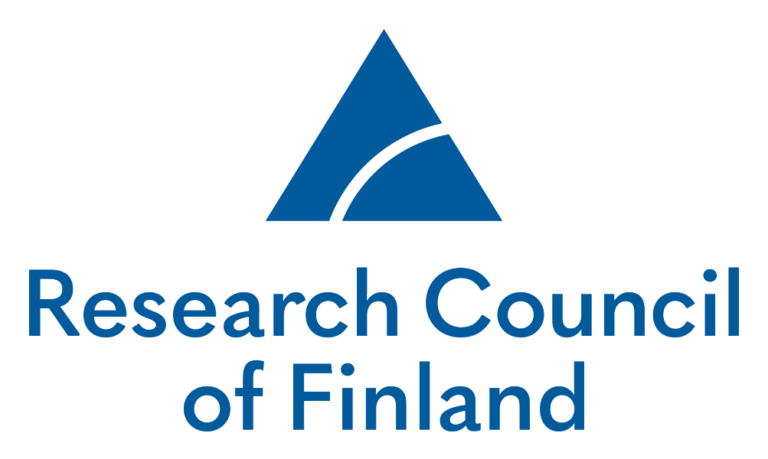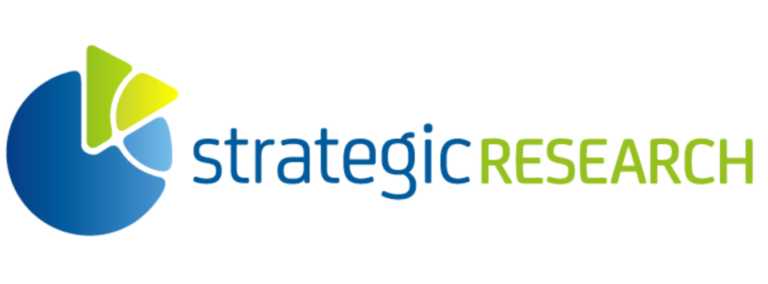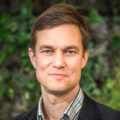
Reducing polarisation via material participation (Material Democracy)
Funders


Global challenges related to climate change, urbanization and species loss have created a need for green transitions. These complex changes have widespread consequences and long time-horizons, making the related policies inherently knowledge-intensive, often leaving citizens distant from expert-driven discussions and political decision-making. At the same time the political decisions significantly impact the daily lives of citizens, and the distance between decision-making and citizens may fuel political polarization.
The Material Democracy project explores and develops new ways to improve and widen participation in Finland’s environmental and energy policymaking and its implementation. It does not only focus on the transparency of and inclusion in policy formation but seeks to develop participation processes so that they truly benefit policy processes.
To these ends, the project advances a new perspective of democratic participation that attends to the material and social arrangements through which participation happens, both in terms of their effects and the potential there is in developing them.
Material Democracy is part of the Democracy for the Future program funded by the Strategic Research Council of Finland. The Material Democracy consortium consists of research teams from Aalto University, LUT University, University of Eastern Finland, University of Helsinki and Demos Helsinki. The consortium is led by Professor Sampsa Hyysalo from Aalto University.
The project divides into five work packages.
Knowledge Transfer, Accumulation and Synthesis (WP1)
WP1 of the project develops and maintains internal consortium practices to ensure the smooth transfer and accumulation of knowledge between work packages and consortium partners. As the project progresses, the focus shifts toward cross-comparison and synthesis between individual studies.
This work package is led by Professor Sampsa Hyysalo from Aalto University.
Transforming Upstream Policy Preparation: Widening the Competency Pools (WP2)
We examine democratic participation in societal planning concerning infrastructure, renewable energy and cleaner fuels from the 2030s to 2050, with a key focus on material participation. In current debates, democratic involvement, citizen engagement, and social acceptance challenges are centered on the implementation phase of infrastructure development and energy systems. The successes and failures of democratic engagement and citizen involvement across short-term intervals are well-documented in the literature. Meanwhile, the successes and failures of engagement in long-term and infrastructural planning are insufficiently understood and thus examined by this work package.
While a rich variety of methods are deployed in participatory and futures studies, these methods rarely receive scrutiny considering their material configuration, formats, installed base and impacts. There is thus a need to examine the ways by which more inclusive participation can be materially realized such that the wider stakeholders can engage in the processes on an equal footing. For example, participation in a transition arena influences participants’ perspectives differently than a survey collecting citizens’ opinions. We ask what forms of participation different foresight practices enable, how they impact engagement, and how they shape the inclusion of diverse voices in anticipatory planning.
This research is led by Associate Professor Antti Silvast from LUT University.
Meaningful Stakeholder Processes for Democratic Governance of Sustainability Transitions (WP3)
We study the functionality of multi-actor/multilateral stakeholder processes and their ability to address contentious issues. Our research maps the field of existing practices, identifies challenges in current arrangements, and promotes their reorganization through participatory action research. Our analysis covers working groups at the national, regional, and local levels.
Our case studies encompass issues related to nature, natural resources, and sustainable cities. We collaborate with various actors, including Saimaa ringed seal conservation working groups, regional forest councils, and forestry centers. Additionally, we initiate a reflective process to examine sustainability challenges in urban planning.
The research on stakeholder processes is led by Professor Lasse Peltonen from the University of Eastern Finland.
Material Practices as an Antidote of Affective Polarization (WP4)
We investigate whether everyday climate and energy retrofit actions and collaboration between people can mitigate polarization. Our research examines how climate policy controversies connect to people’s daily concerns and actions. Through case studies, we analyze how different material practices translate into forms of citizen participation. This includes, for example, how participating in a self-build workshop influences participants’ political views and expands the scope of groups that can engage in local climate action. As another example, we ask what forms of participation for complementary household renewable energy solutions have emerged and how they function. Further case studies are drawn from participation practices in HINKU municipalities, such as energy evenings, repair workshops, and self-build courses.
Additionally, we examine how policymakers perceive the problem of polarization and potential solutions. Could, for instance, citizen-led online forums be integrated into official energy advisory services, and how could support be better directed toward active citizens?
This research on material practices as an antidote to affective polarization is led by Professor Eva Heiskanen from the University of Helsinki.
Material Democracy Hub (WP5)
Our project’s Material Democracy Hub gathers insights and perspectives on material democracy. We collect best practices, case examples, and lessons from experiments related to environmental and energy policy, as well as sustainability transitions more broadly, and present them in an accessible format. These resources are compiled into an online database, and we also organize events on the topic for all interested parties.
Additionally, we explore international best practices and comparisons in mapping and describing participation, for instance in the UK and Norway.
The Material Democracy Hub is led by Leading Researcher Kaisa Schmidt-Thomé from Demos Helsinki.


